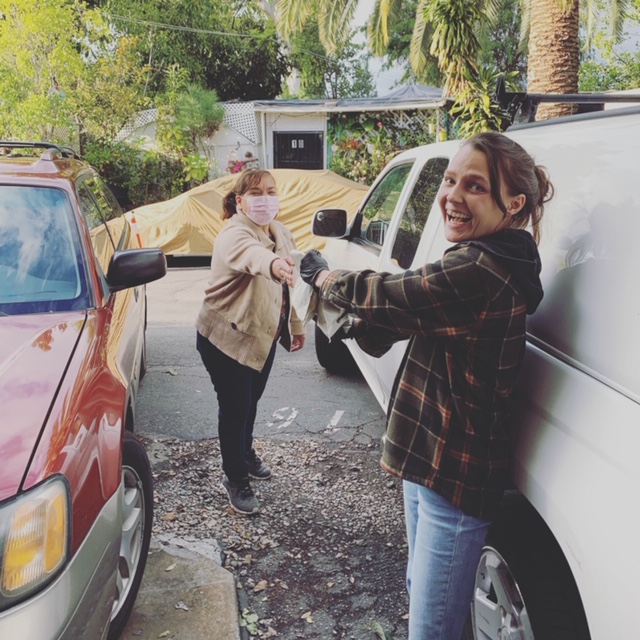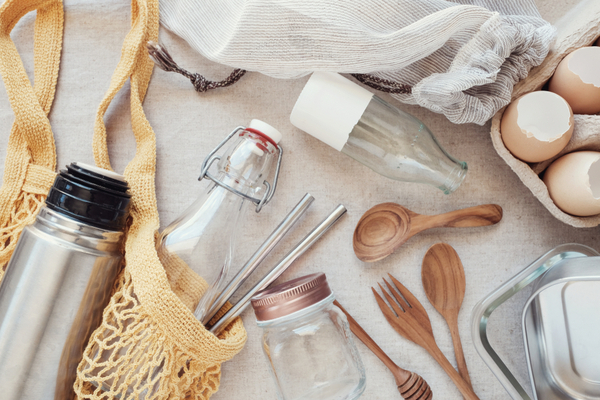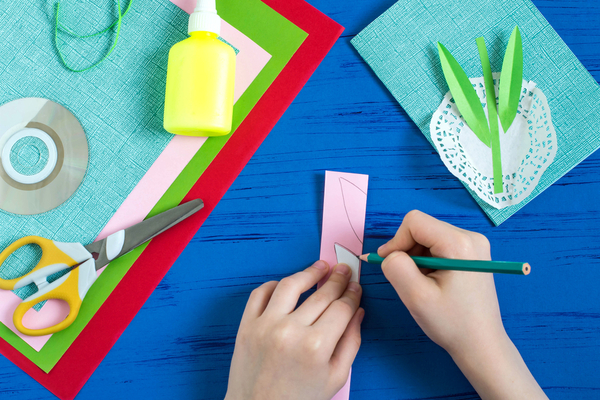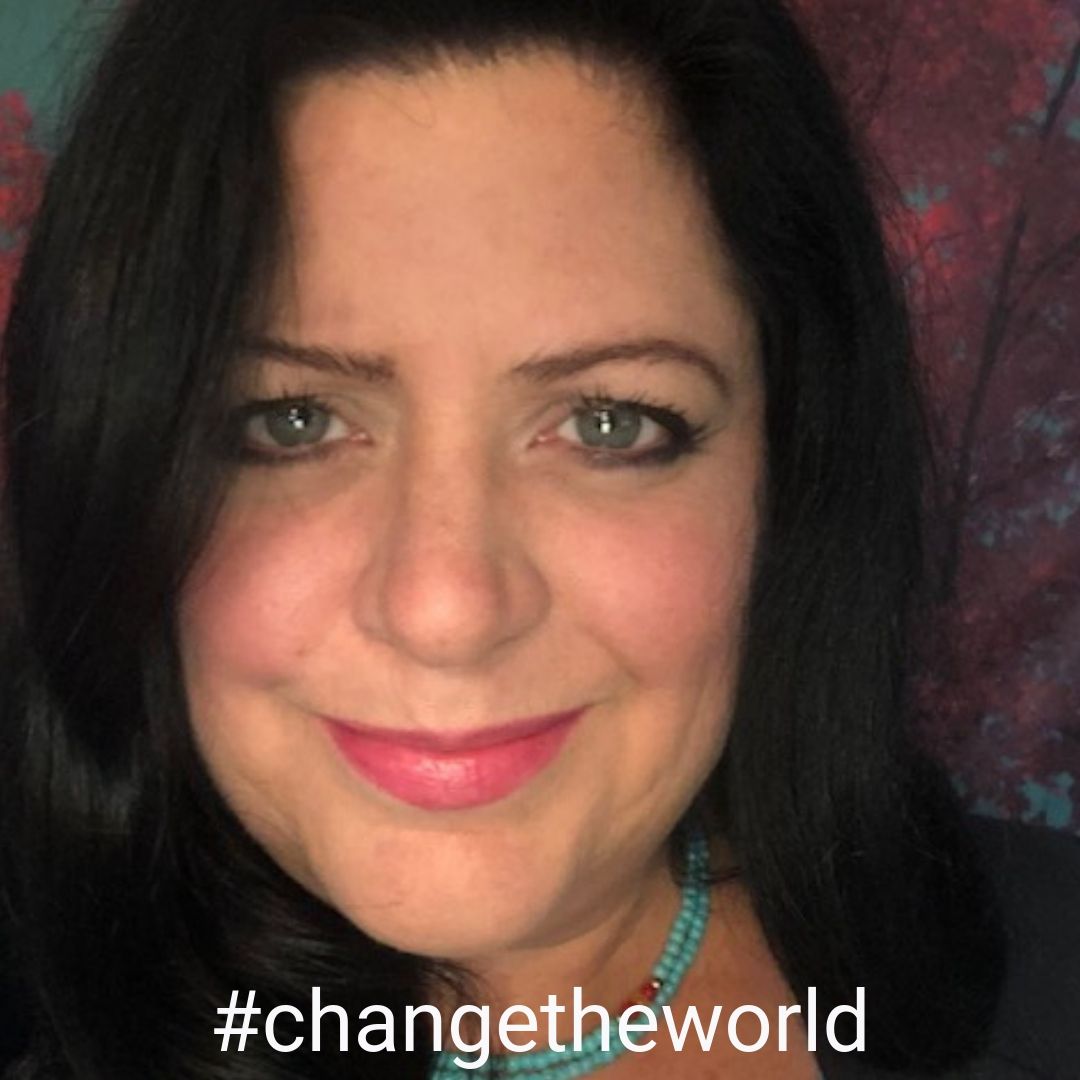Lotay Yang, Founder of Black Card Circle Foundation, Inc., contributed to this article.
Right now, we’re all experiencing some new things together. The coronavirus pandemic means we’re staying at home, working from home, and home-schooling. We’re trying out new hobbies and activities and crafts. We’re also sharing a few similar emotions; some positive, some negative. Mixed in with uncertainty, fear, or anxiety are the powerful feelings of empathy, compassion, hope, and a desire to help one another.
Luckliy, in these unique COVID-19 times, core human feelings like the desire to help others are rising to the top. And what is great about that, is that science tells us that helping others has been shown to help us feel better as well. Win, win!
So what can we do to help each other right now? Below are nine things across a few areas that we can all try to help each other in positive ways during this crisis. And once things are getting back to “normal,” we can still take advantage of these ideas and many others to help support and uplift each other.
Virtual Volunteering
UN Online Volunteering
The United Nations online volunteering site always has numerous virtual volunteering activities available. Many support women and youth, and many are COVID-19 specific virtual projects. Some opportunities include community organizing, writing and editing, translation, art and design, advocacy, and more.

VolunteerMatch
VolunteerMatch connects passionate people to causes they care about, so they can volunteer where it makes a difference to them personally. VolunteerMatch has also created a COVID-19 hub specifically for coronavirus volunteer opportunities. They have hundreds of virtual volunteering experiences in areas like children and youth, education, health and medicine, and community building.
Your Favorite Local Nonprofits
Your local nonprofits also need your support – now more than ever. Could you share their good work on your social media pages? Donate a few dollars? Or, contact them to ask if they could use your pro-bono (donated for free) skills, like accounting, strategic planning, fundraising strategy, help with outreach, translating documents into other languages, cataloging and sorting digital photos or videos, marketing, or other business or professional skills you have. Often, if you ask, there are local projects waiting for your help that can be done from home.
More Sustainable Ways to Live and Give

Help make cloth masks, either yourself or through a group
Ashleigh Morgan, the founder of Los Angeles nonprofit Recycle2Riches (R2R), received 2,000 deadstock t-shirts (items that no longer can be sold) from Known Supply. R2R is in the process of producing personal, reusable, masks for Covid-19 protection from these deadstock items. They have also been donating, in partnership with LA-based Black Card Circle Foundation, several types of sustainable household items like shampoo to people who need them.
“This is the perfect time to research and transform your home into a zero-waste home,” says Ashleigh. “It means doing everything you can to not leave a carbon footprint on Earth. Use items that are biodegradable, recycled, or that had a life before you owned them, and support local, sustainable organizations.”
Your organization may also be able to help create masks by asking clothing companies about deadstock items, or perhaps you can help distribute available zero-waste or other supplies to people who need them.
Make your own cleaning and sanitizing supplies
The Centers for Disease Control (CDC) lists many great tips for cleaning and disinfecting safely here. There are also countless tutorials on Pinterest and online; just be sure that if you want the product to disinfect or sanitize, that you verify instructions on scientific, legitimate sites and carefully follow the ratios of ingredients so that the disinfecting or sanitizing properties are intact.

Find other ways to live more sustainably
There are many easy, simple ways to start making your home more environmentally-friendly. Many “zero waste” blogs and articles contain dozens of ideas, and here are a few to start:
- Use huck towels, cut up bath towels, or cloth napkins instead of napkins and paper towels.
- Use silicone covers, homemade beeswax cloth covers, or glass mason jars and other glass containers to cover or store food and other items. You can also fill glass containers at bulk food stores.
- Switch to reusable travel coffee mugs and water bottles. Try a filter pitcher for tasty, fresh tap water that you can use to fill up your reusable water bottle, and try a reusable travel mug for a cup from that pot of coffee you make at home.
Groups Working Together
Your company or organization can get creative to help each other out right now
Christina Cortez, part of Women of AT&T in Southern California, shared one idea for a work group to support front-line employees.
“Project Gratitude was created by different groups at AT&T to show our gratitude to frontline workers including outdoor technicians who are in high demand. Within one week, employees contributed $2500, which was used to provide breakfast meals for over 200 people, as well as 100 gift cards for employees who worked too far away for the breakfasts.”
Create an online event for good and to raise awareness
Get a group of people together and do a now-famous Zoom event (there are countless other similar group video platforms as well), with everyone joining the video conference live online. Grab screenshots, perhaps ask for small contributions, and have fun! The possibilities are endless. You can have a sing-a-long or musical, a dance contest, play music together, share recipes and cooking tutorials, or do art or theater. Whatever you can dream up to help a good cause, will probably be welcome!

Create things together to donate, as a team, but separately in your own homes
Some ideas for this might be making or writing messages in greeting cards to send to seniors in senior living facilities; creating care packages for first responders or new Moms, based on feedback about what should be included from local nonprofits; or making arts and crafts goodie bags for children at your local school whose parents are homeschooling right now.
These unusual times, coupled with needing to stay at home, have really brought out our creative, altruistic selves. I have talked to many, many friends in the nonprofit space who are striving to help their communities, and who are galvanizing people to create incredible impact. All of the stories make me smile. And all of them give me hope and optimism.
Lotay Yang puts it this way.
“As the coronavirus pandemic unfolded, I felt it was important to engage BCCF’s resources to connect with and help like-hearted people to make a sustainable difference in our local communities.”
Well said, and a sentiment I am glad to hear often.
What creative ideas have you seen during the pandemic? Please share in the comments below!


